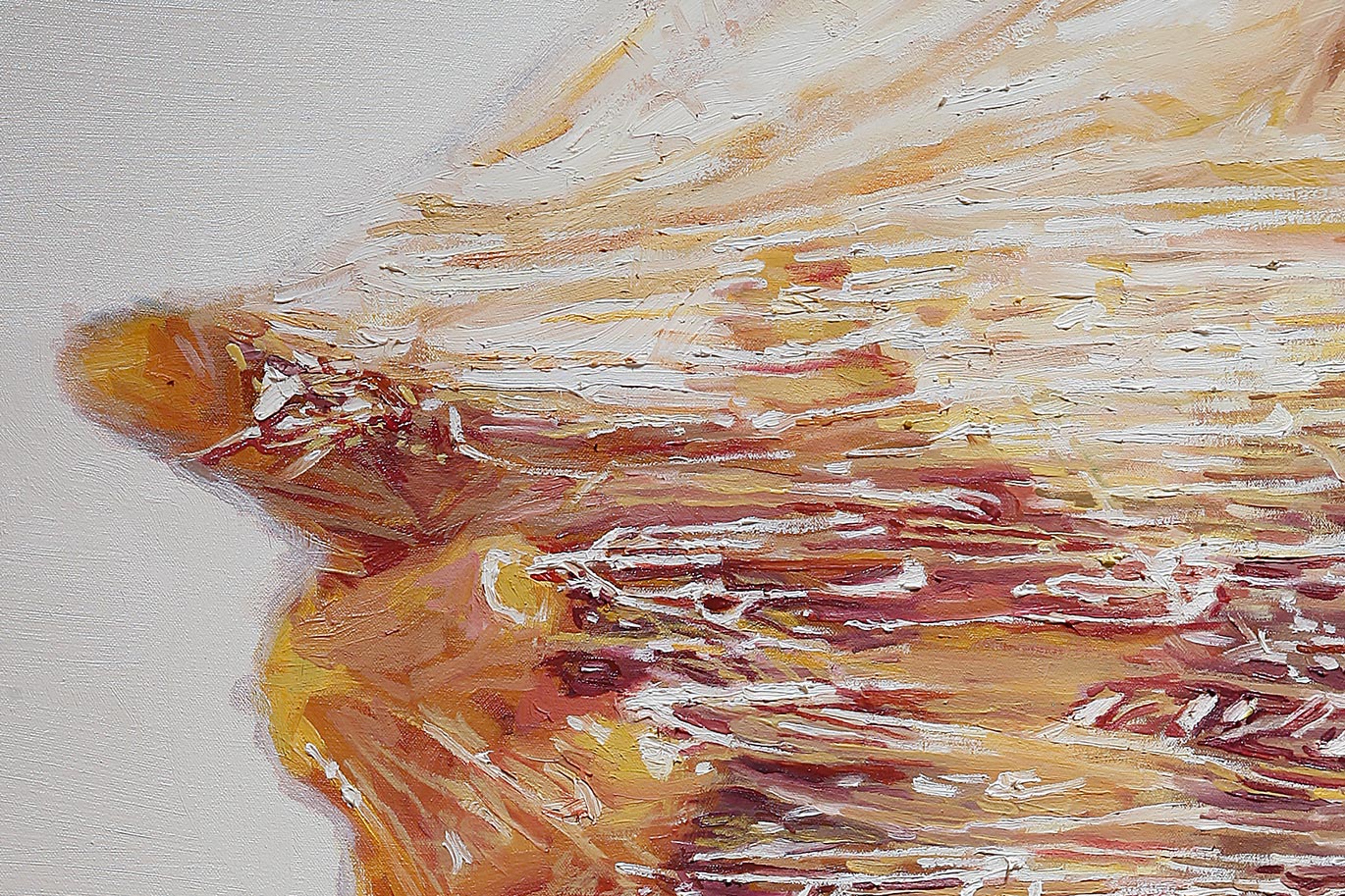- Autumn 2018
Meeting Time:
TTh 3:30pm - 4:50pm
Location:
ART 236
SLN:
13495
Instructor:
Catalog Description:
Focuses on developing the tools to create a successful transition between academia and professional practice as a working designer. Credit/no-credit only.
GE Requirements:
Arts and Humanities (A&H)
Credits:
3.0
Status:
Active
Last updated:
October 17, 2018 - 9:11pm



